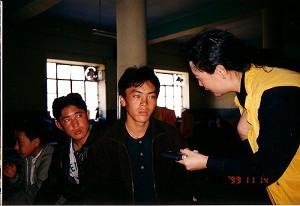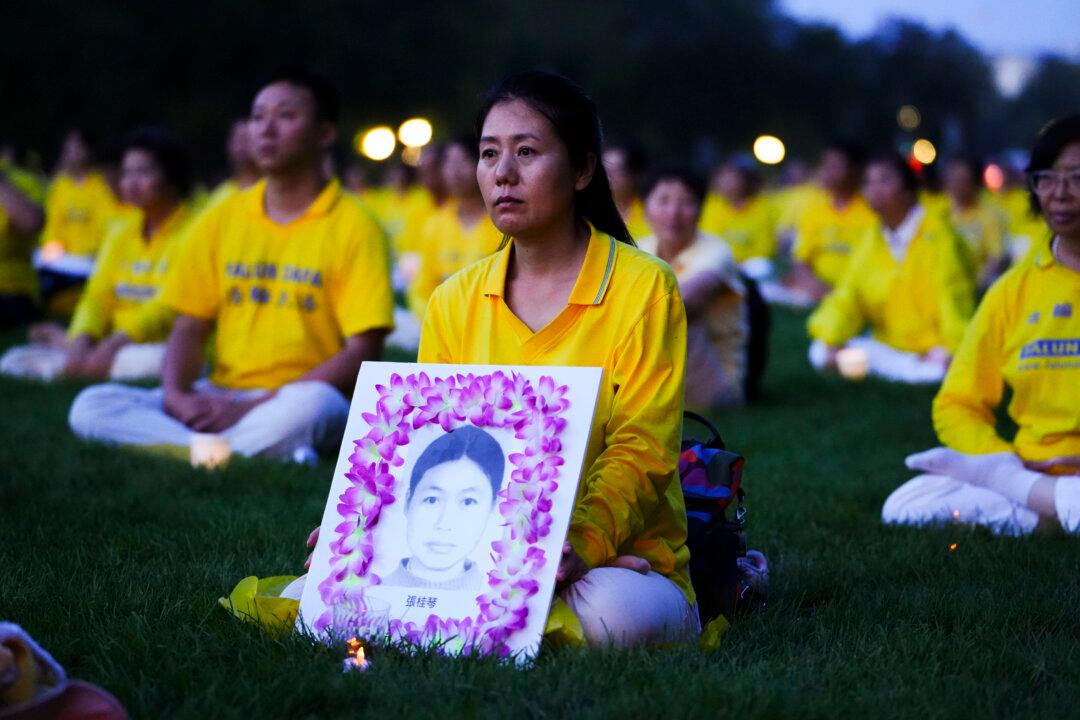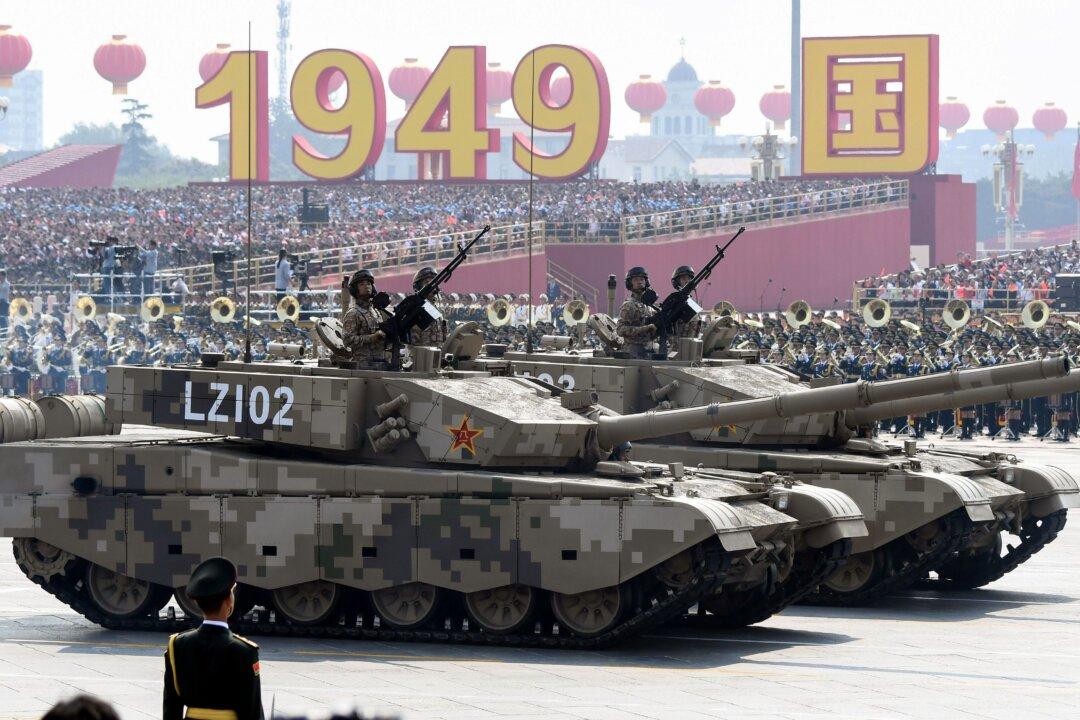The melifluous name, Dharamsala, had been unfamiliar to me. I had no association with the name, other than having run across it in some articles related to Tibet. By 3 am on November 12, after many connecting flights for over 20 hours, I finally arrived at the capital of India, Delhi.
That same evening, I met Xiang Xiaoji on a train. Xiang had arrived from New York to attend a meeting in Delhi, and was going to Dharamsala to cover the news. The train ride was another ten-plus hours. We then got into an SUV that Tibet’s government-in-exile had waiting for us. Finally, after more than three hours of a bumpy and twisting ride on a mountain road, we arrived at the foot of a snow-covered mountain in the Himalayan range. We spotted the little town of Dharamsala, concealed behind the hills.
The small mountain town was clearly defined, elegant and simple. Like curious tourists, we excitedly asked Losang, our driver, to stop the car for us to take pictures. Shortly afterwards, we entered the center of town. Oddly, our initial excitement gave way to a kind of complex, inexplicably bitter and despairing mood. An air of chilling sadness hung over the tiny town, reflecting the tragically heart-wrenching stories everyone has to tell.






